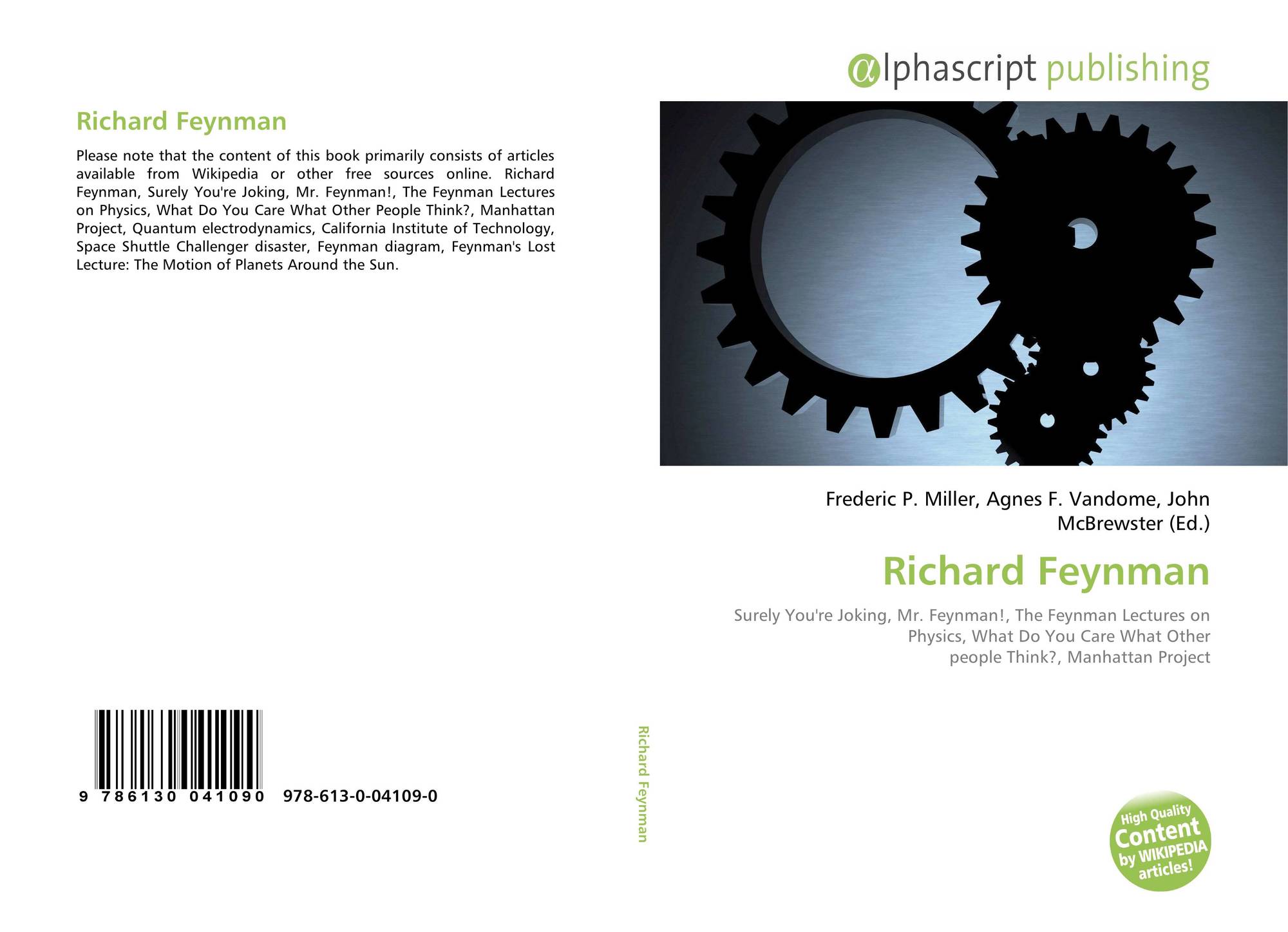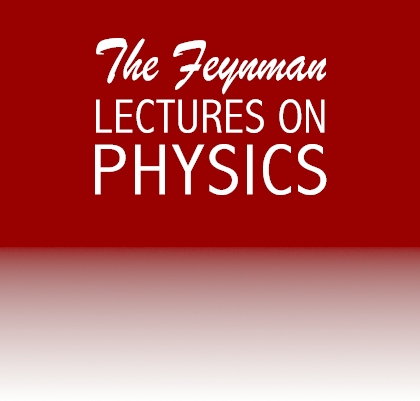

This leads to the well-known uncertainty principle as well as the enduring debate over the role of the experimenter, epitomised in the Schrödinger's Cat thought experiment. Quantum mechanics also allows one to calculate the effect on the system of making measurements of properties of the system by defining the effect of those measurements on the wave function. The wave function encapsulates the probability that the system is to be found in a given state at a given time. Quantum mechanics describes the time evolution of physical systems via a mathematical structure called the wave function. The theory was developed in 1925 by Werner Heisenberg. Quantum mechanics, also known as quantum physics or quantum theory, is a theory of physics providing a mathematical description of the interaction of matter and energy.

This "energy quantization" does not occur in classical physics, where the oscillator can have any energy.

Each standing-wave frequency is proportional to a possible energy level of the oscillator. Some of the trajectories, such as C,D,E,F, are standing waves (or " stationary states"). In quantum mechanics, the position of the ball is represented by a wave (called the wavefunction), with real part shown in blue and imaginary part in red. Some trajectories of a harmonic oscillator (a ball attached to a spring) in classical mechanics (A-B) and quantum mechanics (C-H).


 0 kommentar(er)
0 kommentar(er)
